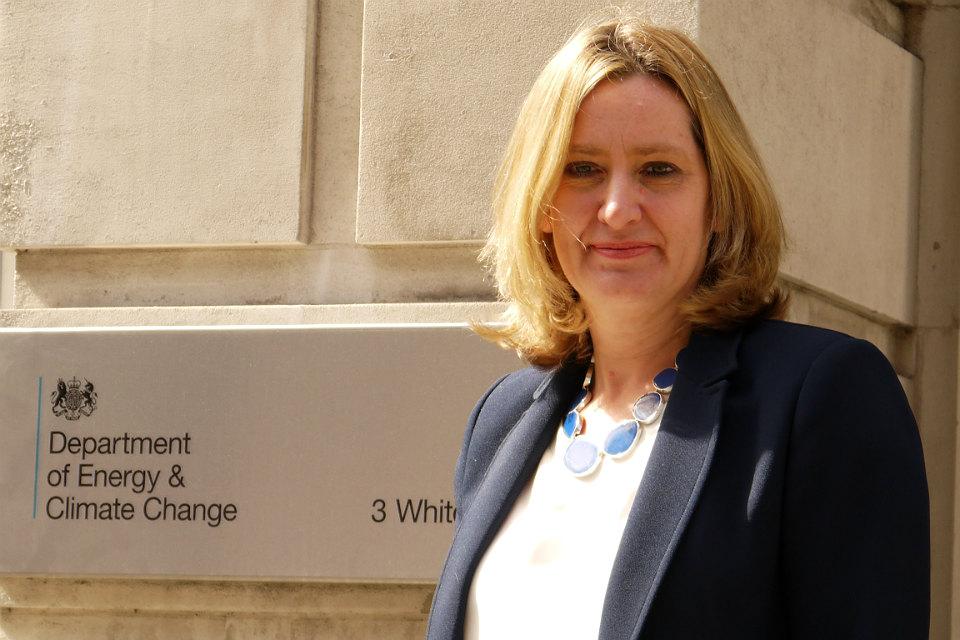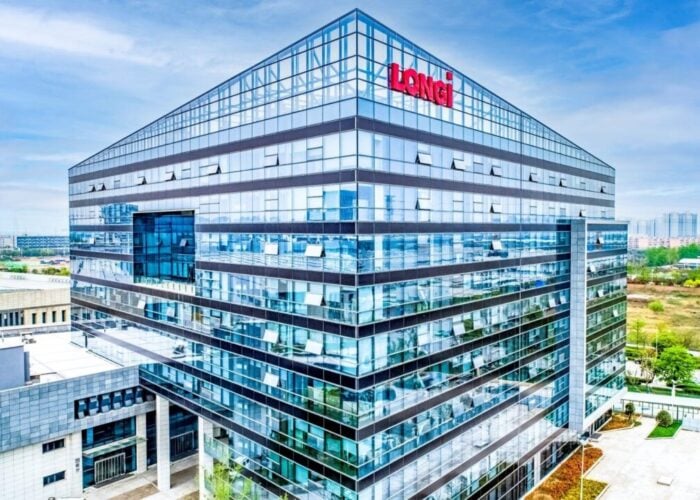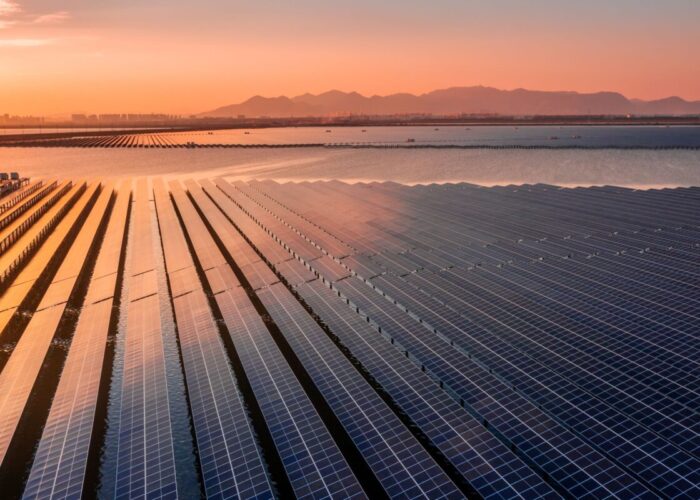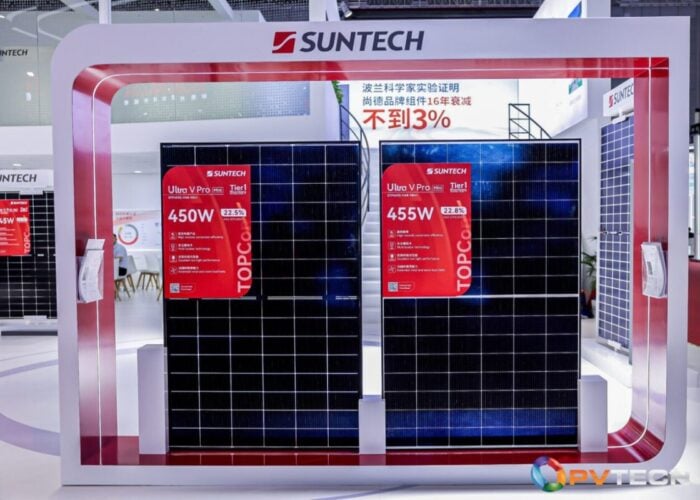
The UK and Germany appear to be increasingly at odds over the future of the solar price undertaking between the EU and China.
As the UK government this week published fresh evidence of the costs the minimum important price (MIP) is adding on to solar installations, the German government weighed in, attacking UK proposals to suspend the MIP as “incomprehensible”.
Unlock unlimited access for 12 whole months of distinctive global analysis
Photovoltaics International is now included.
- Regular insight and analysis of the industry’s biggest developments
- In-depth interviews with the industry’s leading figures
- Unlimited digital access to the PV Tech Power journal catalogue
- Unlimited digital access to the Photovoltaics International journal catalogue
- Access to more than 1,000 technical papers
- Discounts on Solar Media’s portfolio of events, in-person and virtual
The UK’s Department of Energy and Climate Change yesterday published a letter from energy secretary Amber Rudd to a parliamentary committee in response to questions she had been asked during an earlier committee hearing.
Rudd had been quizzed by the committee over her department’s actions regarding the MIP but at the time did not have specific details. Her letter confirms that DECC has collaborated with “leading engineering consultants” to estimate the price differential caused by the pricing.
While the energy secretary claimed that the exact percentage number could not be made public “given the proprietorial nature of the [consultants’] work”, she did reveal that DECC estimates “an indicative 10 to 14% example for a drop in prices” if it were repealed.
DECC’s figures largely tally with those provided by industry figures to the select committee in December last year. The UK’s Solar Trade Association placed the impact at around 7 or 8% for domestic installations and 15% for large-scale projects, while NextEnergy Capital’s Abid Kazim estimated the impact to be between 10 and 20%.
Lightsource Renewable Energy chief executive Nick Boyle, speaking during the same session, stated the cost of the MIP to be at around €120,000 per megawatt.
The figures add to the evidence the UK is compiling to underpin its increasingly vocal opposition to the MIP.
Towards the end of last year PV Tech reported on lobbying being undertaken by Rudd of the European trade commissioner Cecilia Malmstrom on the MIP issue and the apparent “damage” she said it was doing to the majority of the European solar industry.
Then earlier this year Rudd’s energy minister, Andrea Leadsom, said in a parliamentary debate that the MIP should be suspended while the European Commission conducts its ongoing expiry review of EU’s trade measures on Chinese solar manufacturers. Leadsom described the undertaking as an “unwelcome drain” on the European industry.
But the UK’s position puts it at odds with that of the German government, which is known to be a supporter of the solar trade tariffs and MIP.
In a statement this week to PV Tech, a spokesman for the Germany Federal Ministry for Economic Affairs and Energy said: “The UK proposal is incomprehensible. During the expiry investigations of the EU Commission the EU antidumping law provides that the measures remain in force. Germany is in favour of the existing undertakings, which are mutually agreed between the EU and the Chinese sides. If the legal criteria are fulfilled a prolongation of the measures is probable.”
The EU’s expiry is expected to take up to 15 months from its December 2015 launch date, and so far the commission has given no indication that it is minded to act on the UK’s requests.
Additional reporting by John Parnell and Ben Willis.







